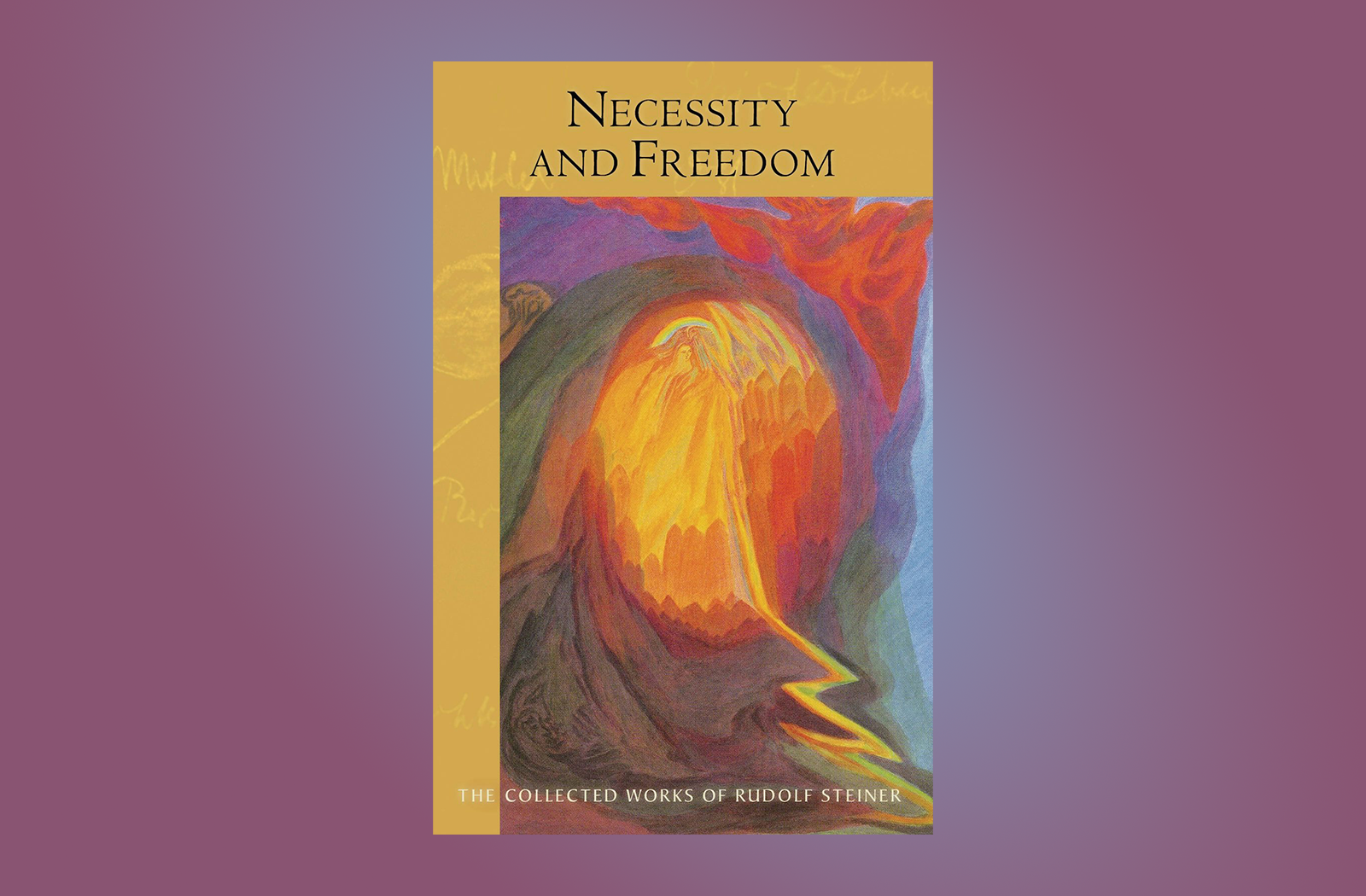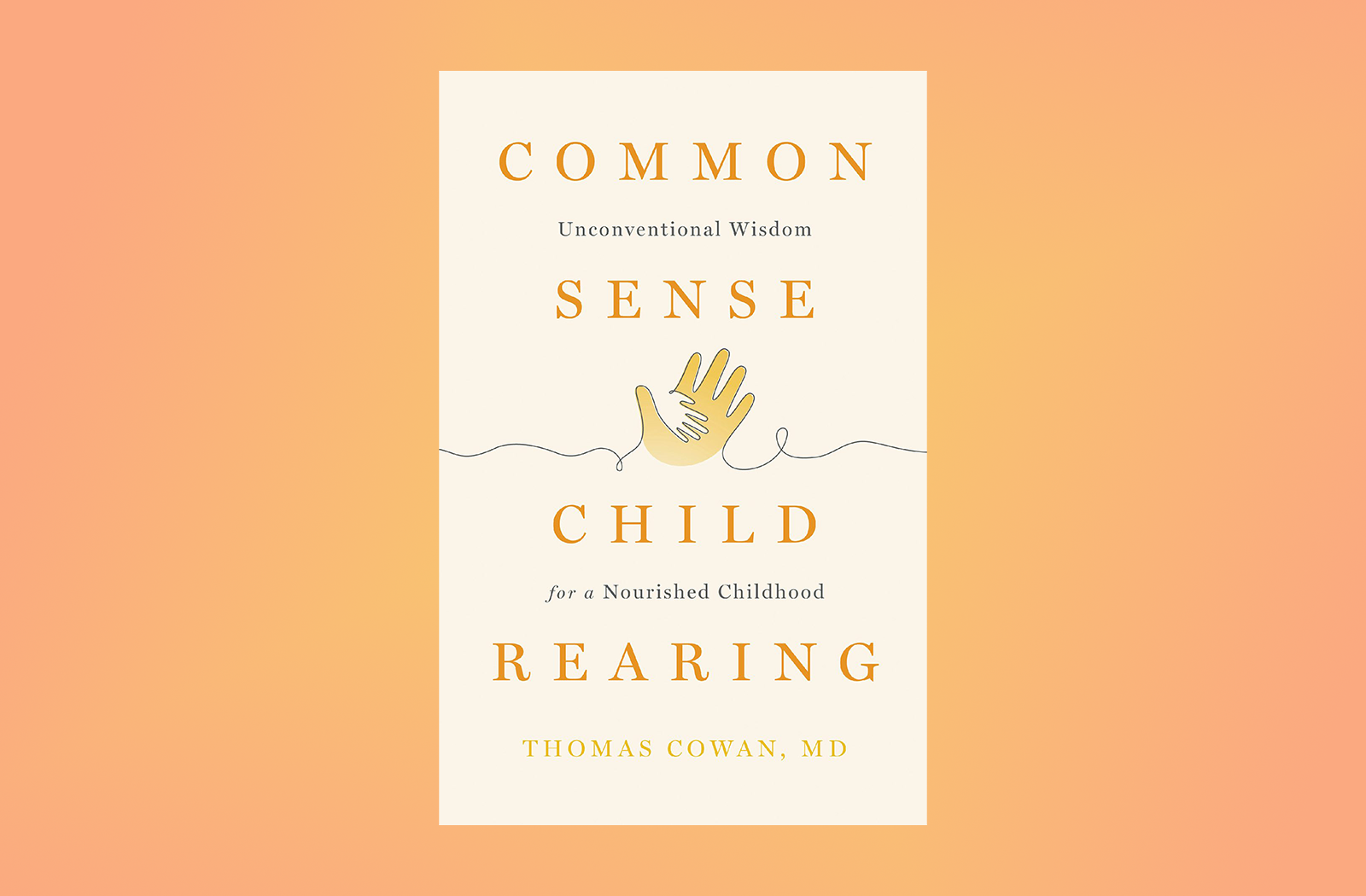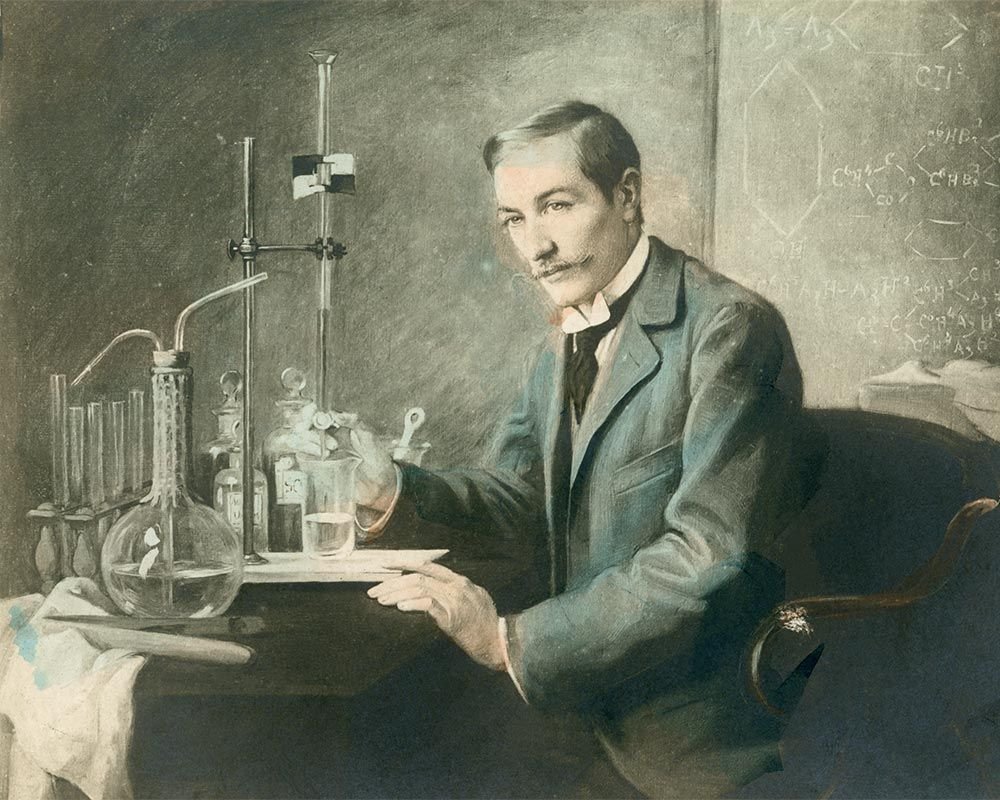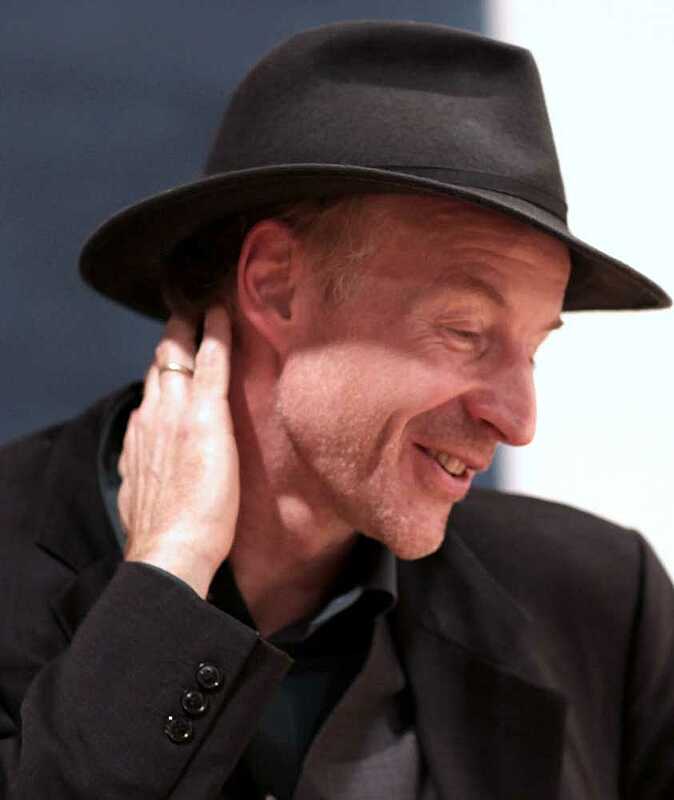




-
Commonsense Childrearing
Regular price $15.95 USDRegular priceUnit price / per -
Leitsätze – Leading Thoughts
Regular price $60.00 USDRegular priceUnit price / per -
Necessity and Freedom
Regular price $18.00 USDRegular priceUnit price / per -
You Are Your Child's First Teacher
Regular price $18.95 USDRegular priceUnit price / per
-
The Spiritual Hierarchies and the Physical World
Regular price $25.00 USDRegular priceUnit price / per -
Anthroposophy and the Natural Sciences
Regular price $30.00 USDRegular priceUnit price / per -
Art and Theory of Art
Regular price $25.00 USDRegular priceUnit price / per -
Becoming Fully Human
Regular price $25.00 USDRegular priceUnit price / per
-
An Inner Journey through the Year
Regular price $25.00 USDRegular priceUnit price / per -
At the Threshold of the Modern Age
Regular price $40.00 USDRegular priceUnit price / per -
Becoming Human: A Social Task
Regular price $30.00 USDRegular priceUnit price / per
-
The Adventures of Scoochie Mouse
Regular price $12.95 USDRegular priceUnit price / per -
The Blue Forest
Regular price $12.95 USDRegular priceUnit price / per -
Scoochie Mouse and the Miracle of Life
Regular price $13.95 USDRegular priceUnit price / per

AUTHOR SPOTLIGHT
Peter Selg
During the 2018 Kaspar Hauser Festival in Ansbach, Germany, Peter Selg assumed the task of understanding the individuals in Kaspar Hauser’s life and comprehending their significance for his destiny. He begins by unfolding the sociopolitical and philosophical milieu during Hauser’s life, starting with Friedrich Hölderlin and other significant luminaries of the time.
Recent Reviews
-
 Buy Now
Buy Now“Is there also such a thing as ‘the essence of color’? For me, the essence is the spiritual aspect that lives in color. Making this spiritual aspect accessible is the purpose of this book.”
Kees Veenman
-
 Buy Now
Buy Now"Reset or Renaissance offers a real-time chronicle of events unfolding during the heated core of the Covid pandemic: the latter half of 2021, shortly after the rollout of the Covid vaccines."
-
 Buy Now
Buy Now“Whoever attempts to tread this path can come to the conviction that the indications of Rudolf Steiner, if they are sufficiently penetrated and experienced."
Subscribe to our Sunday Letters
Be the first to know about new books and exclusive offers.

























